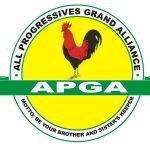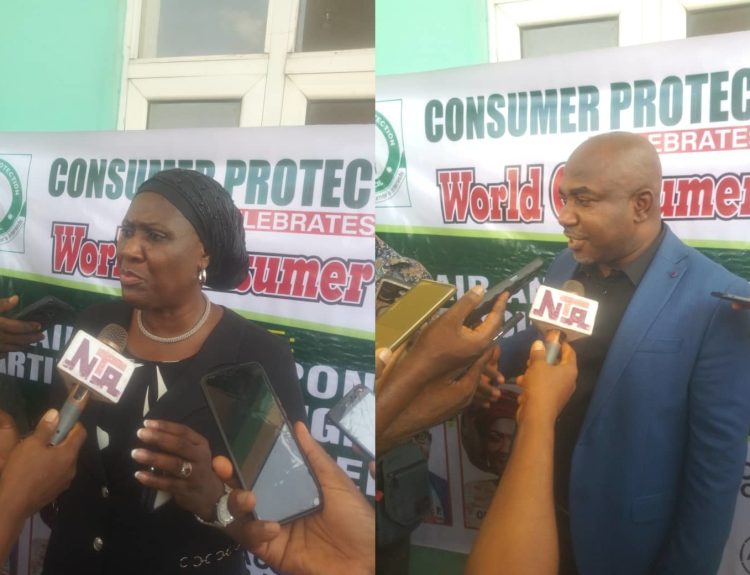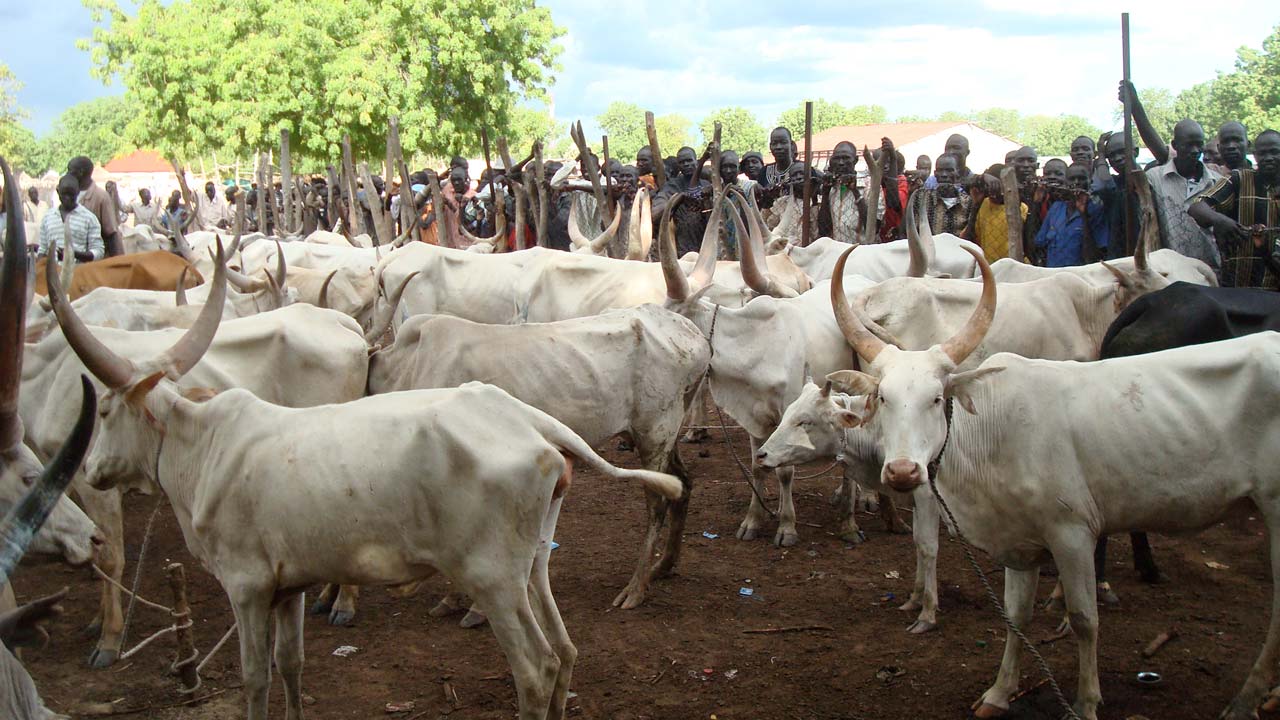Many fuel stations within the Abuja metropolis of the Federal Capital Territory have adjusted pump prices to between N180 and N285 per litre.
Our correspondent observed that queues had returned to many filling stations, especially within the central business district of the FCT.
While queues were noticed at NNPC filling stations, other stations were shut down.
The Group Managing Director of the Nigerian National Petroleum Company Limited, Mele Kyari, had said the company could no longer sell at N170 per litre, owing to the increase in landing prices.
At the outskirts of Karu, our correspondent observed that the NNPC filling station in the area had adjusted its meter to sell at N179 per litre. The same was noticed at Shema filling station at Kugbo, along the Abuja-Keffi expressway.
Also, the NNPC filling station at Wuse Zone 6, and NIPCO filling station close to the Capital Hub sold the product at N180 per litre.
The highest increase in the pump price was observed at Khalif Civic Oil and Investment Limited, within the Kubwa axis of the FCT, where petrol was sold at N285 per litre.
However, some motorists did not seem to mind the hike in prices, which some admitted was no different from buying on the black market.
One of them, Ekpuma Ozonwa, said although the price was as high, he had no choice as the product wasn’t readily available.
“To me the difference is outrageous, but when the availability of the (fuel at) NNPC is not forthcoming, what do you do? You make use of what you get at hand. Because I must move around, I must have fuel in my car to connect to my businesses here and there, and even for my generator to use for the services that are crucial to me. The responsibility lies on the government to make sure that fuel is available at all stations because that is the only way they can curb these black market (sales) and hike at fuel stations,” Ozonwa added.
Defending the hike in prices, a petrol station manager, Saleh Alfa, said since there was no current fixed price owing to the landing prices of fuel, it meant all stations in the FCT were currently selling at black market prices.
“If other stations are selling at N250, N180, or N285, it implies that all are selling at black market rates if you want to put it that way. Because for now, there is no uniform price in the downstream oil sector. There is no fuel; the NNPC admitted that there is no fuel, and independent marketers are getting the fuel from other sources. The price at which we get these products is not the government price or the NNPC price; it depends on where you get your products.
“So, that is what is responsible for the variance in prices. That’s why we in the business are asking the government to allow total deregulation. If there is total deregulation, then it will be determined by the market forces, and when there’s competition, the customers will have a choice on where to buy from.”





2 Comments